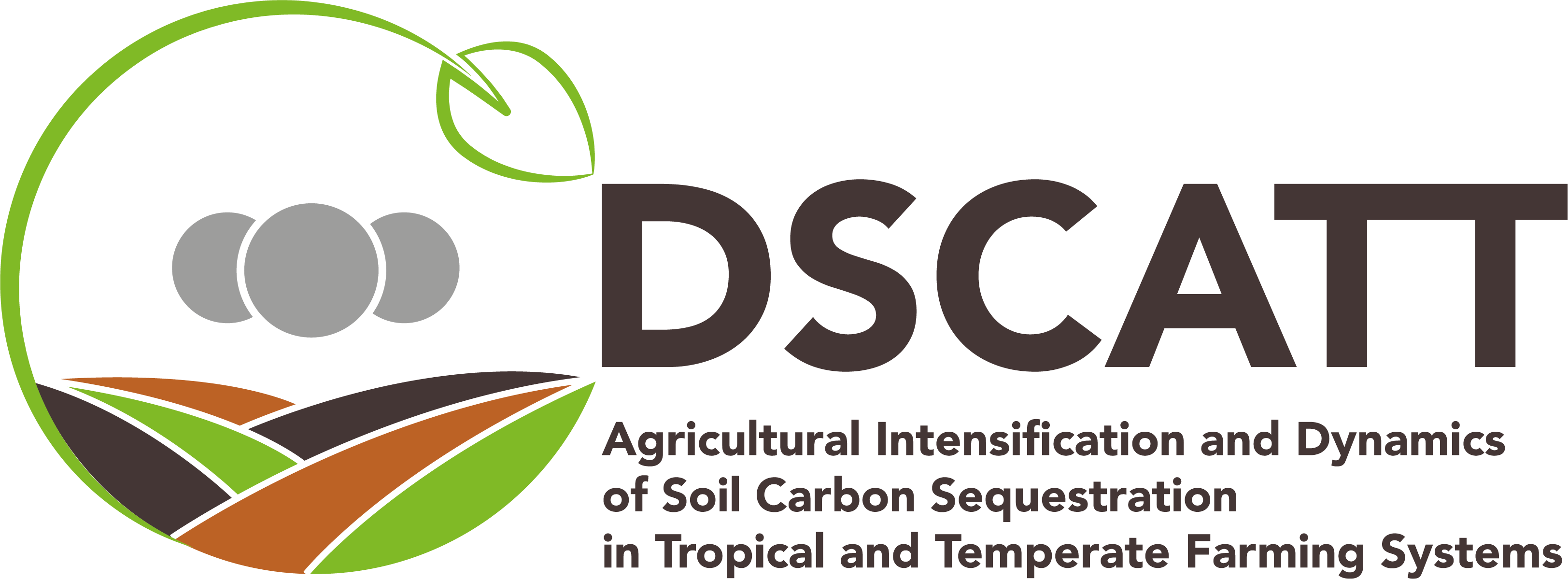Transforming Rural Water Governance: Towards Deliberative and Polycentric Models?
Item
-
Title
Transforming Rural Water Governance: Towards Deliberative and Polycentric Models?
-
uri
https://www.researchgate.net/publication/46401238_Transforming_Rural_Water_Governance_Towards_Deliberative_and_Polycentric_Models
-
Description
Deliberative and participatory methods
-
Abstract
In recent years, many countries have experienced a formal shift from command-and-control and prescriptive management of natural resources towards policy making and planning processes that build on collaboration, negotiation and deliberation among policy-makers, scientists and local stakeholders (Bouwen and Tallieu, 2004; Warner, 2006; Ansell and Gash, 2008). Public participation in environmental decision-making and implementation has become part and parcel of the environmental governance rhetoric in many industrialised countries (Sabatier et al., 2005; Messner et al., 2006; Cronin and Ostergren, 2007; Ferreyra et al., 2008; Medd and Marvin, 2008; Marshall, in press). In emerging economies and developing countries 'participatory environmental governance' has also been discussed as an alternative to centralised, top-down approaches towards natural resource conservation and management (e.g. Gupte and Bartlett, 2007; Neaera Abers, 2007; Huang et al., 2009). At the international policy level, the Rio Declaration and the Agenda 21 (1992), the World Summit on Sustainable Development (WSSD) Johannesburg Plan of Implementation (2002), and the 1998 UN Economic Commission for Europe (UNECE) "Convention on Access to Information, Public Participation in Decision-making and Access to Justice in Environmental Matters" (the so-called Aarhus Convention) have been the most important drivers for enhanced citizen participation in environmental governance.
